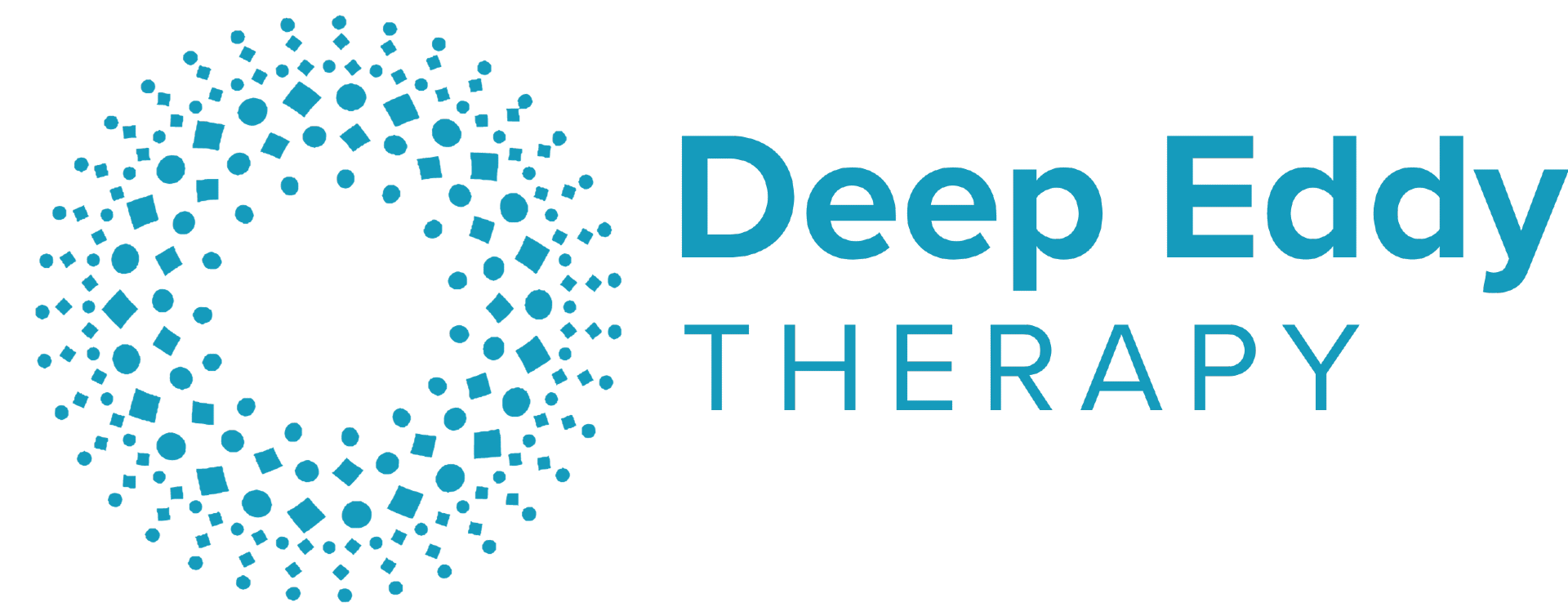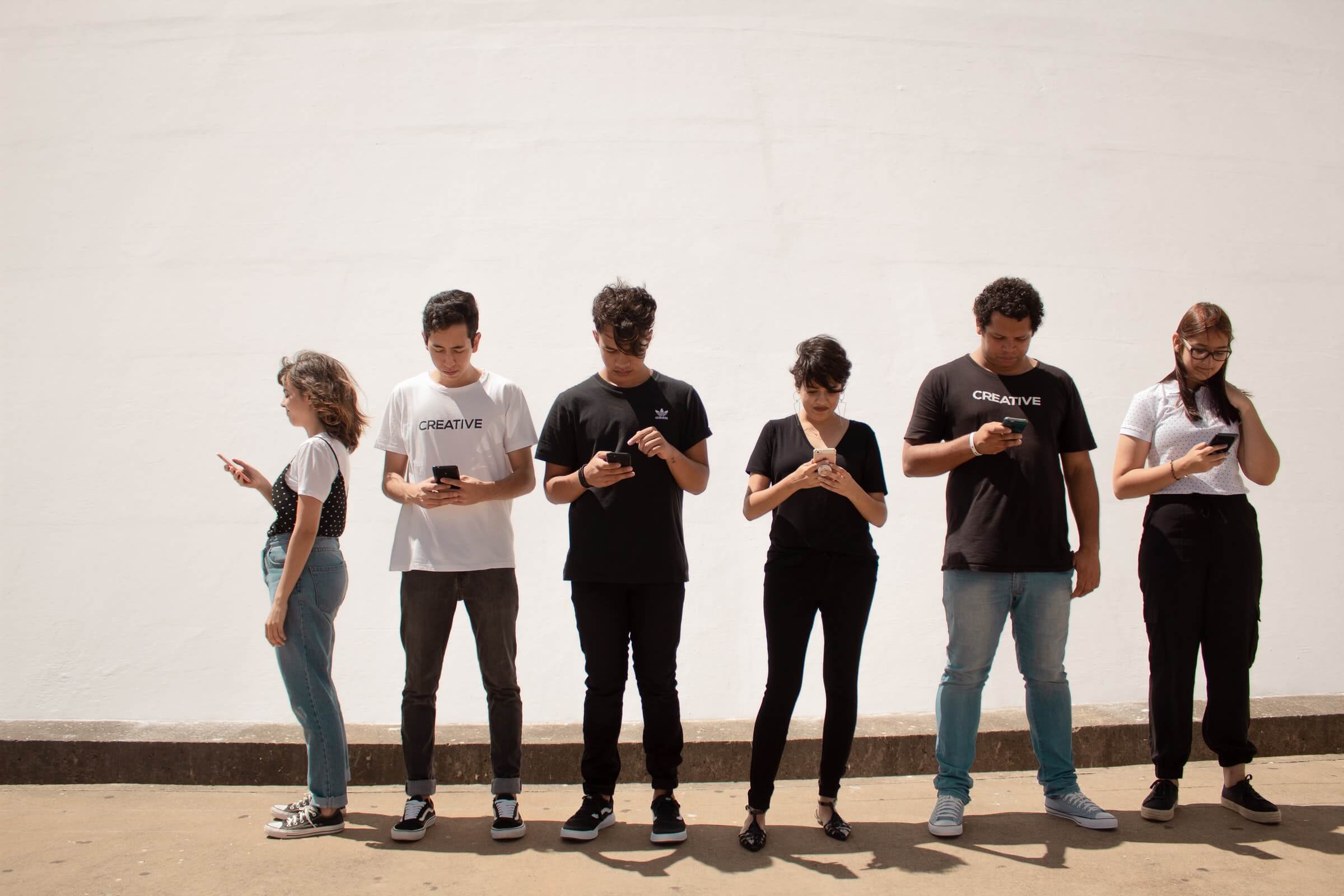Article by: McKenna Hereford, PhD
How Does Social Media Affect Our Mental Health?
Have you felt overwhelmed since 2020, particularly during or after checking social media? If so, you are not alone! Many people have reported feeling more hopelessness, depression, anxiety, and even frustration or anger. It’s hard to find the balance between being informed about the many current events and reading repetitive posts that might feel depressing or angering. There’s even a new slang term “doomscrolling” that refers to an increased need to scroll through negative news that we frequently receive via social media platforms. How does social media impact our mental health, though?
Social media is a significant part of most of our lives, and much more so than even a decade ago. Here are some important pros to consider with social media:
- Staying connected with loved ones during the pandemic and long distances
- Making new connections with shared interests/friends
- An easy way to access news updates
In 2021, researchers found that, despite social distancing that occurred in 2020, people experienced less loneliness despite physically being alone (here is the link: Alone but Not Lonely study). This makes sense, because during that time people often turned to social media for connections or new content. Social media was also a way to share with loved ones, such as creating content on TikTok as a family while staying at home. Social media platforms also provide an easy way to access all news updates, whether it’s from news outlets or updates on friends and family. Think about the last time you went to a news outlet for updates. While some people have news outlet apps downloaded on phones, it’s also much easier to open Facebook or Twitter and see quick links and updates. Ease of access to all your updates is definitely a plus of social media! Additionally, you might rely on social media for marketing if you own a business or service. Frequently accessing social media in that case is beneficial from a financial perspective.
However, there are many consequences and risks associated with frequent social media usage, including the following:
- Potentially worse mental health outcomes
- Cyberbullying
- Misinformation
- Negative news headlines
- Difficulty establishing boundaries with social media use
While the research has been inconsistent, many results indicate higher levels of depression and anxiety among those using social media more frequently. Other factors may contribute as well, such as the listed bullet points. Cyberbullying and “trolling” have become more frequent on social media, which means it’s difficult to escape harassment since much of our lives might be on social media. Additionally, misinformation and negative news headlines can elicit fear or anger (often intentionally) to attract viewers or “clicks.” The impact of headlines can increase stress levels due to the bias toward negative news headlines as well. Many people also struggle with limiting social media use, because everything is on there. It’s understandable! You might have family and friends on there, your news sources, potentially your work, and much more. Having social media as a major part of daily life and culture makes it particularly difficult to limit use, especially when we might not be sure how often we are using in the first place.
What should you do if you notice social media has affected your mental health recently?
There are, thankfully, several ways to limit or alter social media use. If you notice that posts or increased use of social media have led to mood changes, consider how you use social media already. If you, for example, have notifications turned on for all platforms, this can encourage you to check your social media. Previous social media founders have confirmed that a reason they started initiating notifications was to continue people returning to various platforms. Consider turning off notifications to at least one platform. You can also download apps that limit your social media usage to a set timeframe or track your use so you can time yourself. If having that outside accountability is helpful, an app might be beneficial to be able to access the apps still but limit the time to prevent the popular doomscrolling! Similarly, if you turn off notifications, you can set a timer on your phone to limit scrolling through platforms, such as 15 minutes at a time. Are there any apps you can feasibly delete? For example, maybe you use Facebook to connect with family, but you use Twitter more for news consumption. In that case, you might consider deleting the Twitter app temporarily. Others take an intentional social media break for a week or two temporarily to reset and return after the break.
This is tricky because of the prominent role social media may play in your life, whether it’s news articles, contacting family/friends, or even obtaining income. Consider trying some of these changes for a week and see how you feel! We are not used to chronic stress or unlimited access to news stories occurring around the world. If frequent social media use has contributed negatively to your mental health recently (which is completely understandable), it might help to monitor your social media use as a form of self-care and protect your mental health during this time.

